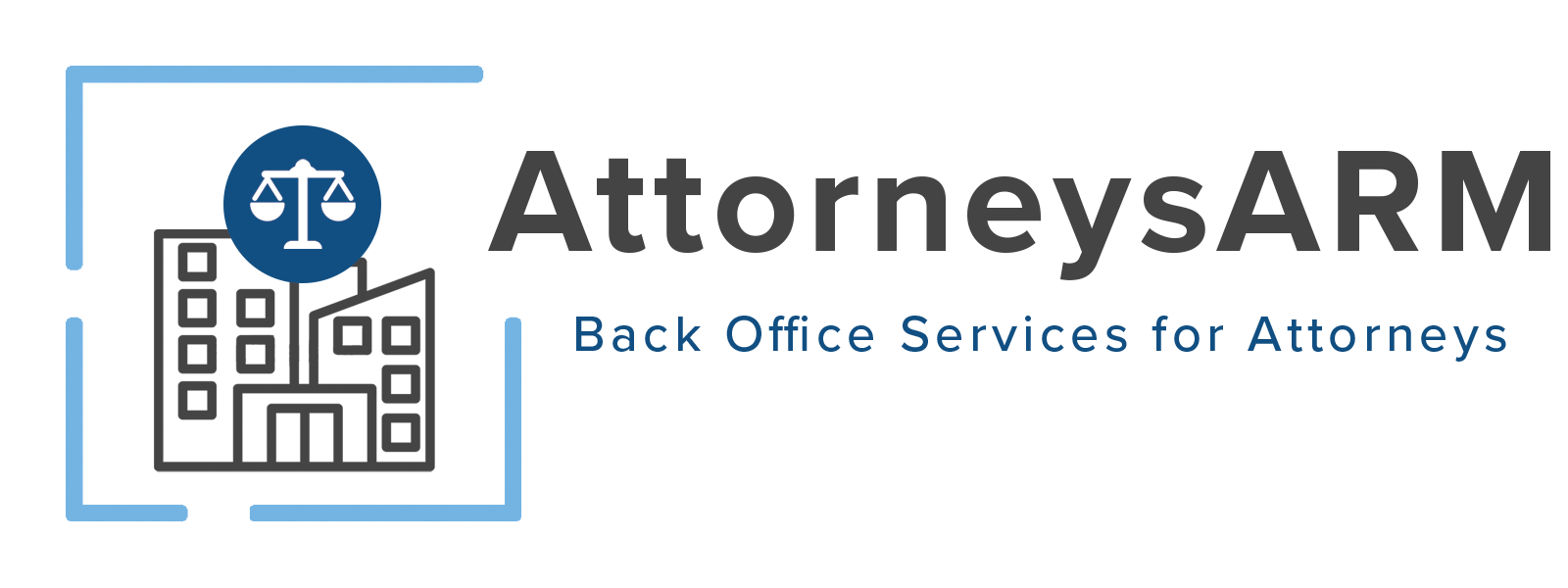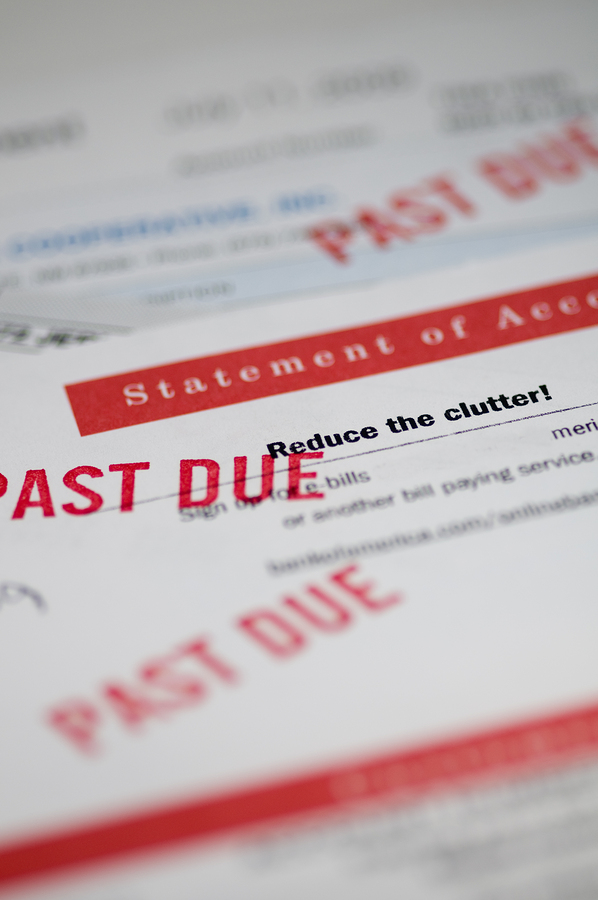When it comes to collections, there are several things to keep in mind. While there is quite a bit of advice out there when it comes to collections, it can be hard to know what could be noted as a best practice and what could get your business into trouble. Let’s take a few minutes to discuss 5 key things you need to think about when your company needs to start the collections process.
First-Party Collections
First-party collections refers to your company or business calling clients with outstanding bills with you and urging them to pay off or settle the debt. This can be considered ‘in-house collections.’ When the call is made, it is someone from your company, or acting on behalf of your company, speaking to the client. First-party collections typically begin when a client has not paid a debt in a timely manner. It is a reminder from the company they owe (that would be you) that they need to pay or there may be further collection efforts on your behalf.
Third-Party Collections
Third-party collections refers to your company outsourcing their collection efforts or selling the debt to a collection company. Third-party collections begin when a debt is outstanding enough that your business needs assistance to collect on what is owed. A third-party collector normally comes into the picture when the business needs more options, so your staff can focus more on current and future clients. The third-party collector would identify themselves as belonging to a debt collection agency as opposed to being an employee or representative of your business.
Fair Debt Collection Practices Act
The Fair Debt Collection Practices Act (FDCPA) was put into place to protect consumers and debtors from abusive and deceiving collections practices. The FDCPA covers everything from definitions in relation to collections as well as harassment, false representation, and effective dates. Any collection agency or business doing their own collections must read, learn, and understand the FDCPA to protect their clients (the businesses they represent) and themselves from legal action brought on by the debtors.
State Laws
There are different laws in every state regarding acceptable collection practices by both first- and third- party collectors. When a collection agency, whether acting as first- or third-party collections, begins the collections process, they must know the state laws where the debtor is currently located since those laws may take precedence over the laws where the company is located. When hiring a third-party collections agency, it is important they know the laws of the land when it comes to collecting for you.
Statute of Limitations
Whether your company is using first-party collections or outsourcing to a collection agency, there is always a statute of limitations on the debt. This refers to how long after the debt is created that the crediting company must take legal action on a debtor. This varies by the type of debt and the state you are in and can mean the difference between getting paid and having to pay. If it comes down to suing the debtor and the statute of limitations hasn’t ran, the court could grant you the amount you are owed, plus legal fees, court costs, and interest (if those items are requested in the complaint). If the debt is outside of the statute of limitations, whether you realize it or not, and you try to take the debtor to court, you may end up paying for court costs that you won’t be able to get back and face other possible negative legal action by trying to collect. No matter where in the collection process your company is in, make sure you are abiding by the statute of limitations of your state.
Clients ARM Is Here to Help
Clients ARM has over 30 years of credit experience and has a staff full of knowledgeable professionals that help businesses with their collection needs. Whether you are looking for first- or third-party collection assistance, we’re here to help. Clients ARM keeps up to date on the laws associated with collections and can your company by handling your collection efforts in a legal and FDCPA friendly way. Contact us now for a free consultation to see how we can help you get paid.




